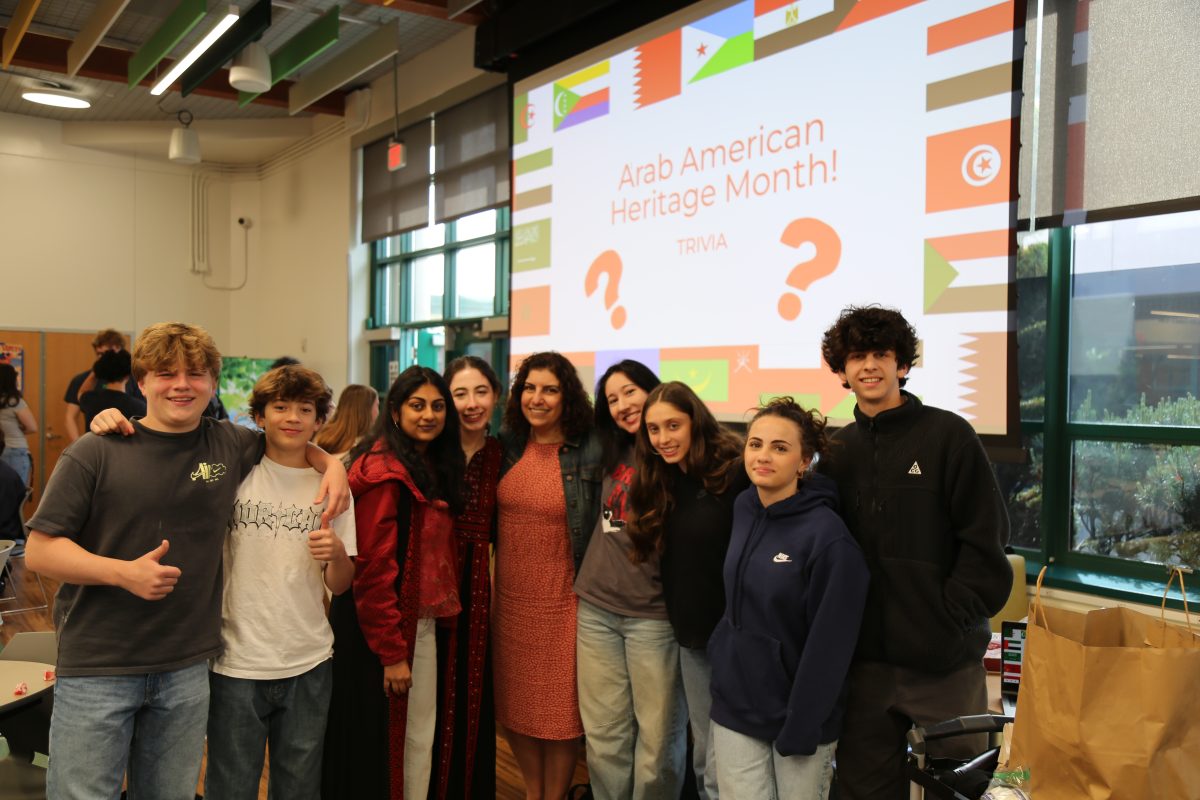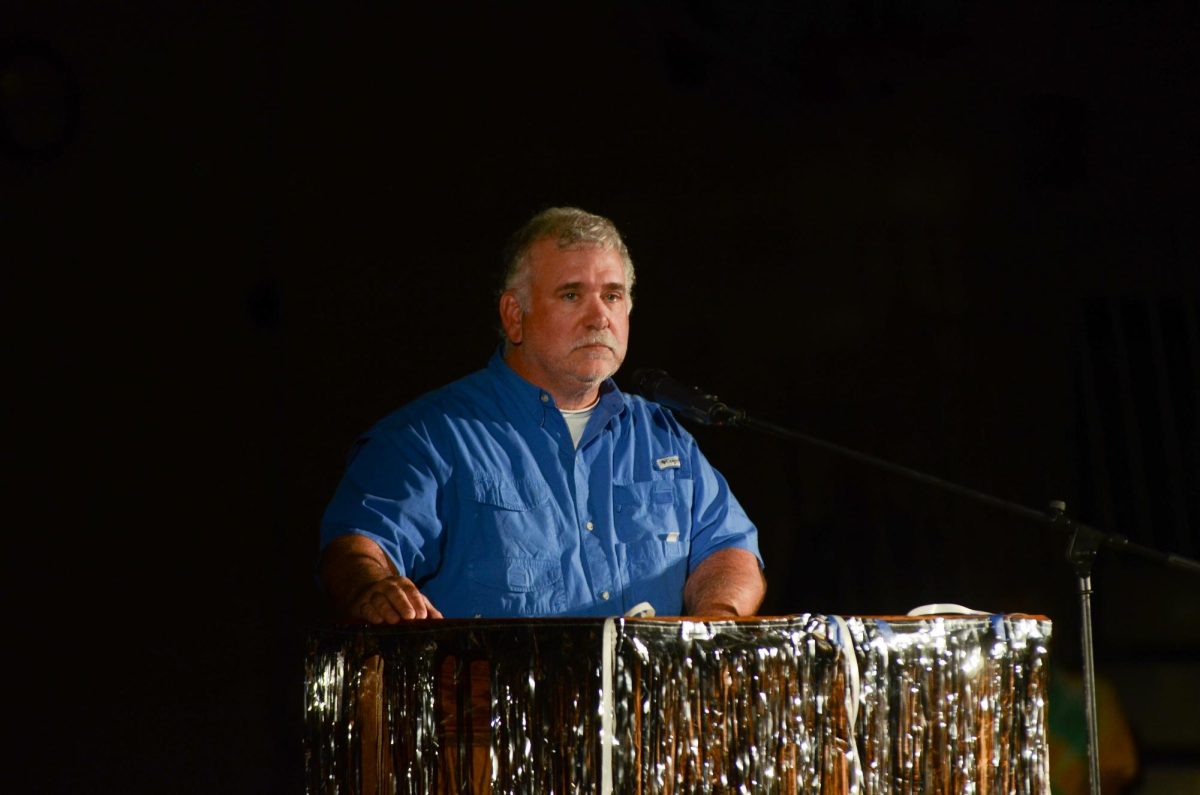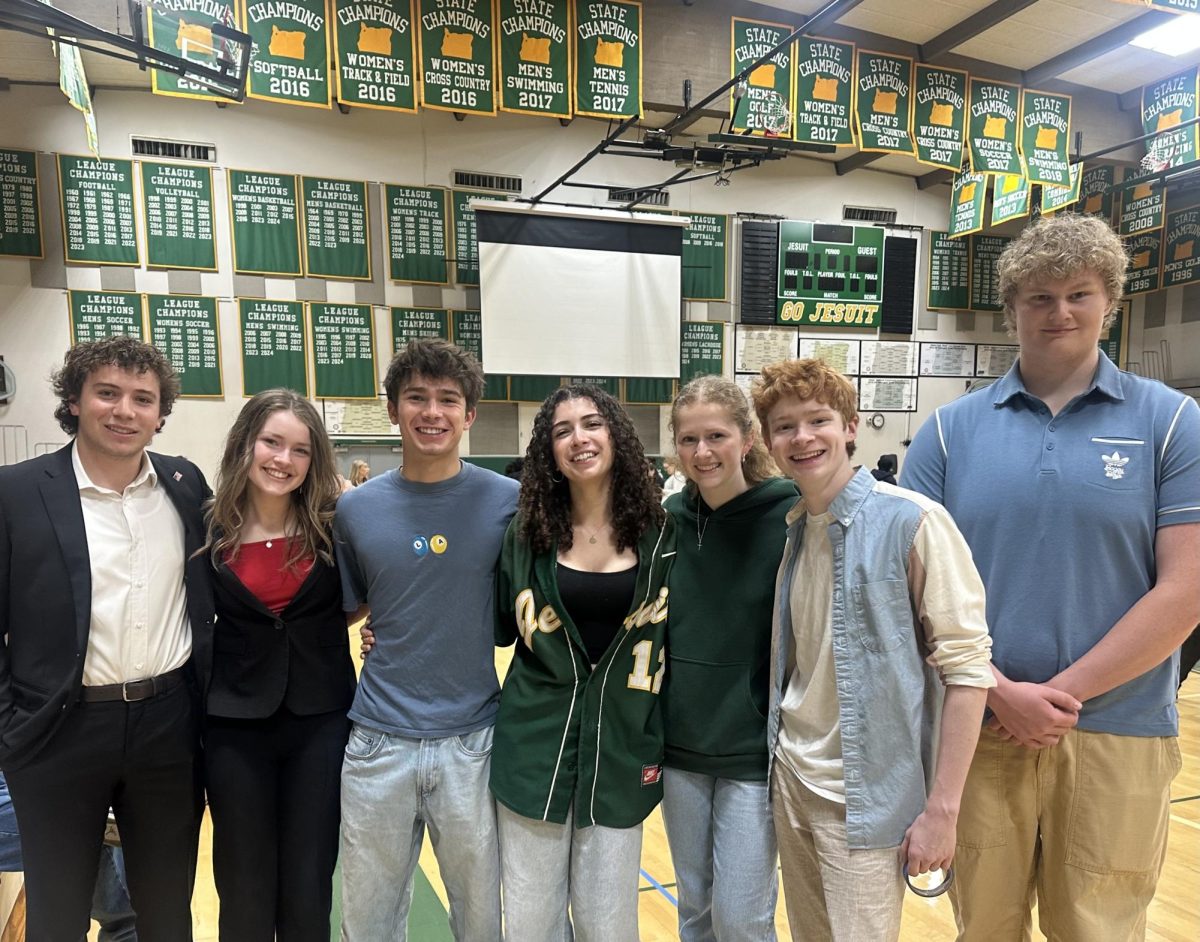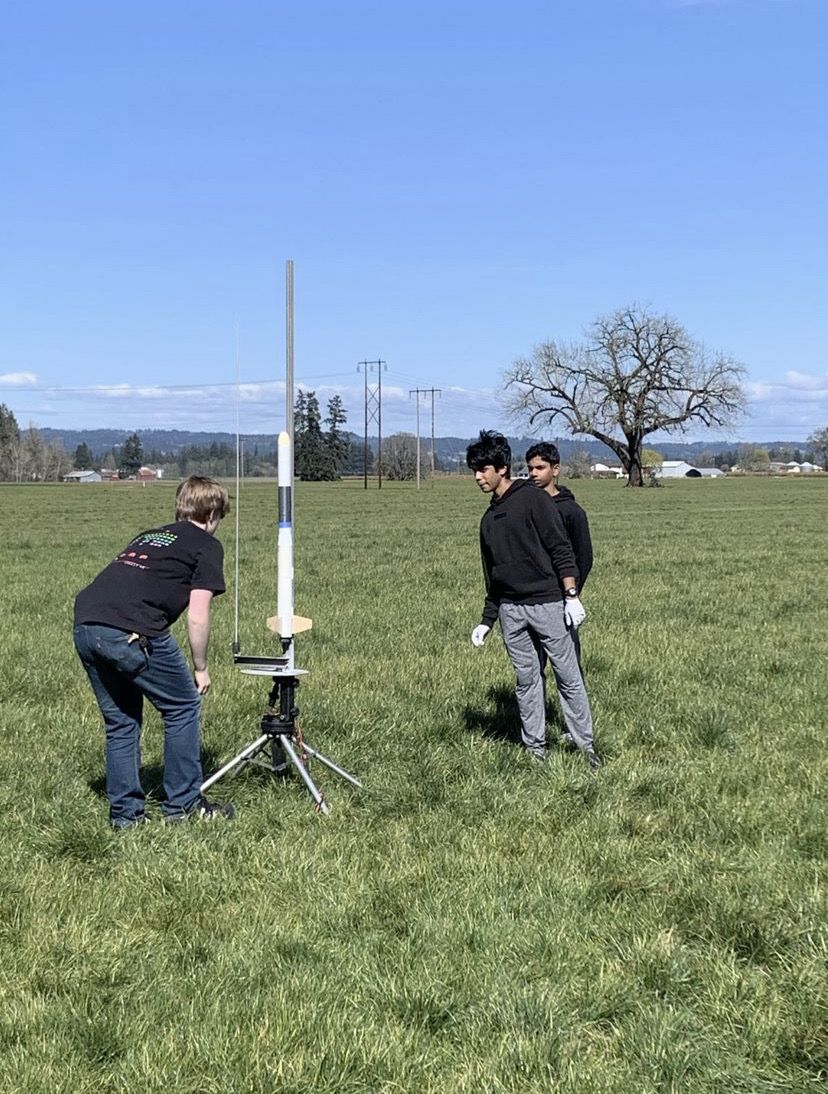April, known for its spring showers, also brings forth a cultural celebration marked by National Arab American Heritage Month.
Beginning as a 2017 movement started by the nonprofit media and education organization Arab American Foundation, the month involved only a few states and cities. Since then, when President Biden issued a proclamation in 2021 acknowledging Arab American Heritage Month, it has only grown in recognition. (nyc.gov)
“For me, being Arab American is a big part of my life. I’m half Lebanese, my dad is fully Lebanese (both his parents are from Lebanon), and I’m always around Arab culture- from the food I eat to the church I go to, and the language my family speaks,” said junior Allie Barbar.
In the US, Arab Americans are a diverse community of 3.7 million individuals, including Syrians, Lebanese, Egyptians, Palestinians, Iraqis, Jordanians, Yemenis, and more (aaiusa.org).
“As a leader of the Mixed & Multicultural club, being an Arab American means a lot of things. My dad is Lebanese and grew up in Lebanon, and my mom is Chinese and grew up in China. In my house, there are so many different languages spoken. Because Lebanon was colonized by France my dad speaks a mix of Arabic and French, while my mom speaks Chinese. And so I feel like being Arab American is a synthesis of so many different cultures and traditions,” said junior Julie Awad.
Beyond ethnic diversity, Arab Americans are a religiously diverse group as well. While early immigrants to the US were predominantly Christian and Muslim, today the Arab American community is composed of Christians, Muslims, Druze, Jews, Mandaean, and other faiths.
“In Arab countries, people are typically either Muslim or Orthodox Christian. There is a small percentage of Catholics but most of the people who are Christian are Orthodox, such as Eastern Orthodox,” said Barbar.
Recognizing the importance of fostering community, Barbar started the Arab American Club (AAC) at Jesuit. Through community-building activities centered around music, food, and dance, the club creates a space for Arab American students to connect, share experiences, and celebrate their heritage.
As part of their celebration for National Arab American Heritage Month, the club organized a trivia session featuring traditional Arab cuisine and sweets as a form of education and a way to celebrate the vibrancy of Arab American culture.
“I feel like AAC has taught me that everybody is beautiful in their own way. Having a community of people, especially at school, that have had the same experience as you growing up, just makes it so much easier to navigate through your identity” said Awad. “It validates the feelings that make it hard for you when you’re around other people in environments where it’s not very diverse. But through the DEI office and other events, it’s cool being able to connect with people in the community”.
For the first time, members of the AAC accompanied by adult leader Dr. Shamieh, performed a traditional dance at the cultural assembly this year.
“The dance we did at the cultural assembly is called the dabke. It’s a line dance popular in the Levant region, which consists of Lebanon, Palestine, and Jordan. In those countries, there is also a knife dance, or a sword dance which is in the Yemen area, and there’s also belly dancing, which mainly originated in Egypt” said Barbar.
Awad appreciated the opportunity to dance during the Community Celebration.
“Learning the dance brought us together and I met so many people, especially underclassmen that are so connected with what it means to be Arab. The first time we had a practice I walked in and they were singing a song in Arabic and dancing around, and I was like ‘Oh my god, that was so fun’. So I think the community here at Jesuit and the people in AAC have allowed me to find myself,” said Awad.
Categories:
Arab American Club emphasizes cultural connections
Be Involved in a Sport or Club Involving yourself in a sport or club is the easiest way to find friends with similar interests. It’s a great way to get involved in the Jesuit community and have a competitive outlet. Connections through clubs and sports are memories you will always look back on and help tune into who you are.
More to Discover
About the Contributor
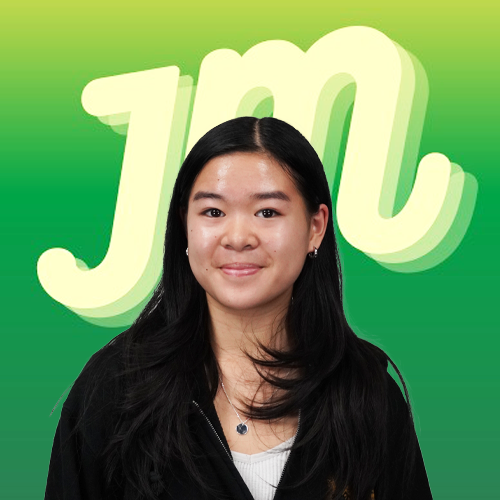
Kayla Chan, Staff Writer
A senior at Jesuit High School, Kayla Chan is excited to enter into the world of journalism and media production for the first time. Born and raised in the heart of Portland, Oregon, alongside her two younger brothers, she’s developed a strong sense of independence, curiosity, and drive. Kayla devoted eight years to rhythmic gymnastics, traveling to compete in locations such as Japan, Canada, and various cities across the country. Currently, she finds joy in fencing and shares her passion by coaching gymnastics and ballet classes. In her free time Kayla also loves reading, going on drives, thrifting, and exploring new cafes with friends. As a member of the Rose Haven youth outreach board, and leader of Jesuit’s Social Justice Union Club, she is committed to advocating for change and equality. This year, Kayla is excited to learn new skills, whilst shedding light on important issues within the Jesuit community.



